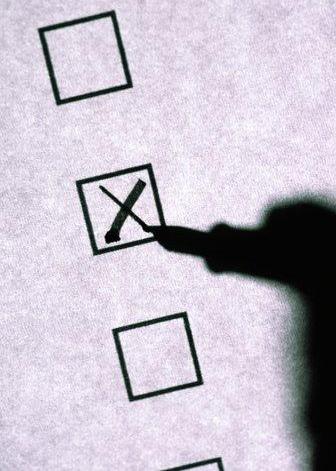This article is written by Luke Cresswell and Ian Pointon
Much comment on Labour’s leadership contest truly begs the question about our party’s future; a return to government is held contingent on choosing it’s leader. But what if that’s wrong and whoever’s elected leader is set to fail?
That’s not a defeatist judgement, just a cool appraisal of evidence and argument.

The scale and nature of the recent defeat have produced a gargantuan task whoever follows Miliband. According to psephologist John Curtice, an overall Labour majority needs an improbable 12.5% lead. That’s on current seats and boundaries which favoured Labour up to May 7th because of a greater distribution of Tory votes in seats pipped at the post by third parties – usually the Lib-Dems. Constituencies and their boundaries are now set to change – to our disadvantage – as the Tories reduce Commons membership to 600.
Whoever leads faces the tasks of returning Scotland to Labour, destroying the UKIP threat in our ‘heartlands’ and winning a shedload of Tory seats to boot.
All leadership candidates have been keen to highlight the seriousness of this situation, but to date – astonishingly for a party claiming credentials of social justice – not one seems to have commented on the unfairness of it.
The simple fact is that our electoral system is grossly unfair and broken. We have a majority government mandated by just under a quarter of the electorate. We have a political culture which fails to sufficiently engage a third of the electorate enough to vote. Meantime, millions who do vote are effectively disenfranchised because their votes fail to secure adequate parliamentary representation. We might rail politically against a ‘winner takes all’ economy, but with first-past-the-post, we remain content with a ‘winner takes all’ democracy.
It doesn’t make sense. Rather, it makes a nonsense of the long struggle in the UK to extend the franchise. In May we promised votes for 16 and 17 year olds knowing full well that, if youngsters registered and voted in future, many of their votes would in any case be wasted. The drivers behind winning increased enfranchisement over nearly 200 years have been equality and inclusion; the removal of property ownership, sex and age qualifications on voting rights. Yet that progress has produced votes of unequal value and effect in the our election of representatives. And we have nothing to say.
Few can second guess with confidence the electoral landscape in the run up to 2020. The competitive field in politics may remain. And would we want it switching back to the hollowed out democracy where groups of swing voters in a limited number of constituencies produced a disproportionate effort to keep ‘Worcester Woman’ and ‘Mondeo Man’ sweet and onside?
Wasn’t it Harold Wilson who claimed the “Labour Party is a moral crusade or it is nothing”.
No doubt his language is dated but isn’t it now time to raise our colours and lead a cross-party popular movement for fair votes?




More from LabourList
‘The High Court judgment brings more uncertainty for the trans community’
‘There are good and bad businesses. Labour needs to be able to explain the difference’
‘This ruling should now remove any remaining barrier to approval of EHRC code’